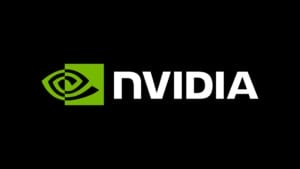Tencent backs India based food delivery company Swiggy with US$43M
The competition for food delivery in India continues to heat up as more and more large companies back startups businesses. Now, Swiggy, a Bengaluru based company, stated that it had raised US$43...

The competition for food delivery in India continues to heat up as more and more large companies back startups businesses. Now, Swiggy, a Bengaluru based company, stated that it had raised US$43 million as part of the ‘Series I’ fundraise. This amount brings the size round to US$156 million.
A spokesperson from Swiggy revealed to Tech in Asia that existing investors Tencent, and new investors like Samsung Ventures, Ark Impact, Mirae Asset Capital Markets, and Korea Investment Partners participated in this top-up.
This action marks the second major food delivery startup in 2020. In February, it acquired US$113 million in ‘Series I Money’ in around that was led by Prosus Ventures. It is noted that the Wellington Management Company from the US and Meituan Dianping from China also contributed.
The startup previously stated that the funds acquired will be used to expand into new lines, including cloud kitchens, as well as new categories for its services that are on-demand.
Zomato, a major rival of Swiggy, has also been busy arming itself with capital, banking US$150 million in January from Jack Ma’s company, Ant Financial.
After two weeks, the startup announced that it had secured Uber Eats in India. This deal could see Zamato hitting up to 50 million monthly orders for food, from its average 40 million.
Recently, it was reported that the restaurant discovery app acquired US$5 million forms a UK-based company, Pacific Horizon Investment Trust, a fund which is managed by Baillie Gifford, its investment management firm. Zomato’s valuation is said to be about US$3.3 billion, which is close to Swiggy’s US$3.3 billion.
Both Swiggy and Zomato are participating in online grocery delivery as the COVID-19 pandemic has continued to cause a decrease in demand for food delivery.
Even though Swiggy has already been supplying daily essential via Swiggy Go and Swiggy Stores, it has partnered with retail grocery stores to help ease its delivery to most cities.
Zomato, on the other hand, has recently introduced a grocery delivery service that goes by the name of Zomato Market, after partnering with FMCG firm, Marico for essential supplies. Marico is also in partnership with Swiggy.















